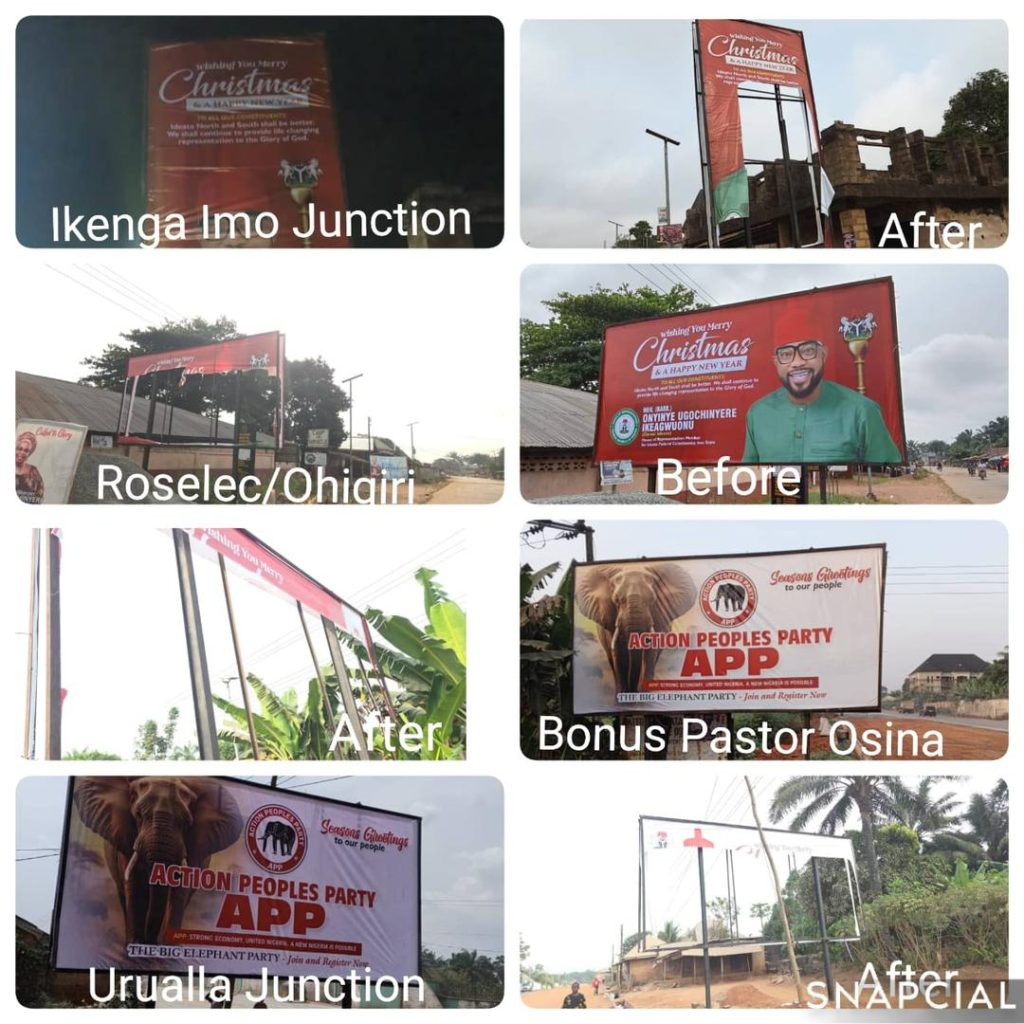Nigeria is currently facing significant economic hardship, causing widespread suffering among the population. The sudden removal of fuel subsidy without proper planning has led to increased transportation costs and subsequently elevated food prices, directly impacting the working class. The government’s failure to anticipate these consequences and its lack of proactive measures have exacerbated the situation. The Coalition of United Political Parties’ National Secretary, Peter Ameh, criticizes the government’s insensitivity and calls for urgent economic intervention involving stakeholders from various sectors.
While acknowledging the opposition parties’ vocal criticisms, Ameh stresses the need for more active engagement, including physical protests, to hold the government accountable and demand responsive governance. He urges Nigerians to reject complacency and actively voice their discontent, emphasizing the pivotal role of citizen participation in shaping governance.
Amidst the current challenges, Ameh draws parallels between President Bola Tinubu’s leadership and the era of former President Muhammadu Buhari, highlighting similarities in governance style and international engagements. He cautions against allowing a reiteration of the past and urges Tinubu to forge a distinct legacy, steering clear of comparisons with his predecessor.
Addressing concerns about the timeframe for addressing longstanding economic and security issues, Ameh criticizes the lack of preparedness and reliance on propaganda in governance. He emphasizes that effective governance requires foresight, proactive planning, and immediate action to confront pressing issues.
Ameh also condemns the current government’s failure to provide adequate security, citing the erosion of safety in the Federal Capital Territory and emphasizing the constitutional mandate to safeguard citizens’ lives and property. He underscores the urgent need for a revamped security architecture and proactive measures to ensure the nation’s safety.
The Urgent Need for Security and Prosperity in Nigeria
The harrowing experiences of Nigerian citizens at the hands of bandits and kidnappers in rural communities have raised pressing concerns about the country’s security and governance. Amidst these challenges, prominent voices have underscored the vital role of leadership, support for the Armed Forces, and the necessity of addressing critical issues such as welfare and remuneration.
The security crisis has resulted in tragic loss of life, while also posing a threat to the nation’s agricultural industry. The absence of security for farmers not only jeopardizes prosperity in the farming sector but also leads to an inevitable rise in food prices, impacting the common man’s access to essential sustenance.
Critics have expressed disillusionment with the current government, citing an intensified state of poverty and a reluctance to make impactful decisions. The need for a comprehensive reassessment of policies and a concerted effort to alleviate the hardships faced by the populace has been fervently articulated.
In response to the proposition of collaboration, it is emphasized that while the opposition remains committed to providing suggestions and proposals to the government, alliance with those perceived to be mismanaging public resources is not a viable course of action. The opposition’s mandate is to advocate for the welfare of citizens and steadfastly resist policies that are deemed detrimental to the people.
The overarching message is clear – the government’s willingness to effect meaningful change and deliver tangible improvements in the lives of Nigerians will determine the possibility of constructive dialogue and collaboration. Until sincere efforts are made to prioritize the well-being and interests of the people, the call for resistance against anti-people’s policies will persist, resonating as a steadfast demand for positive change.



